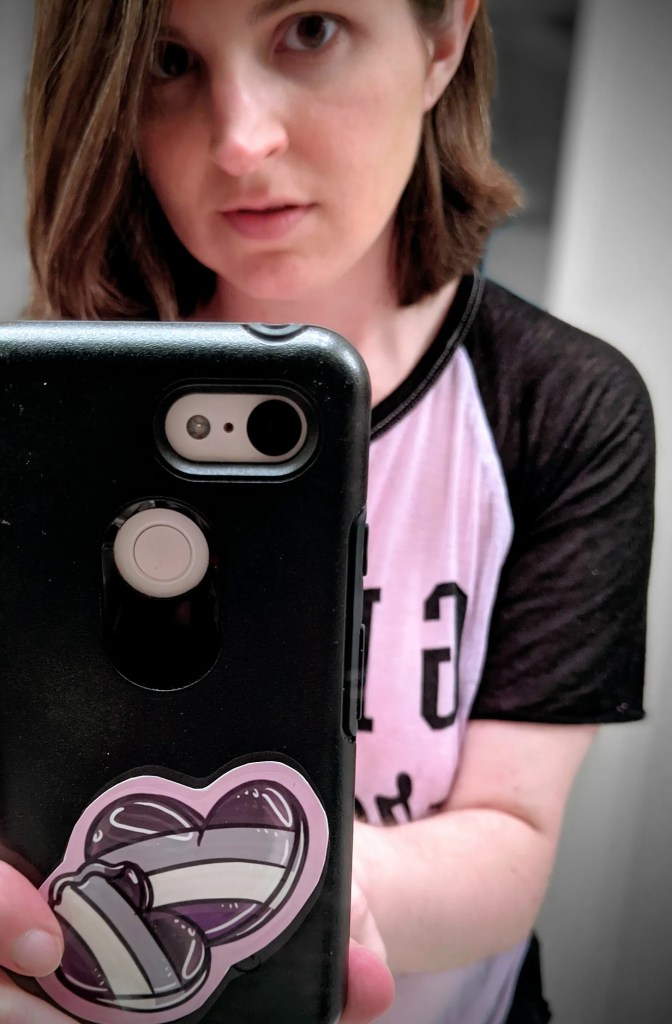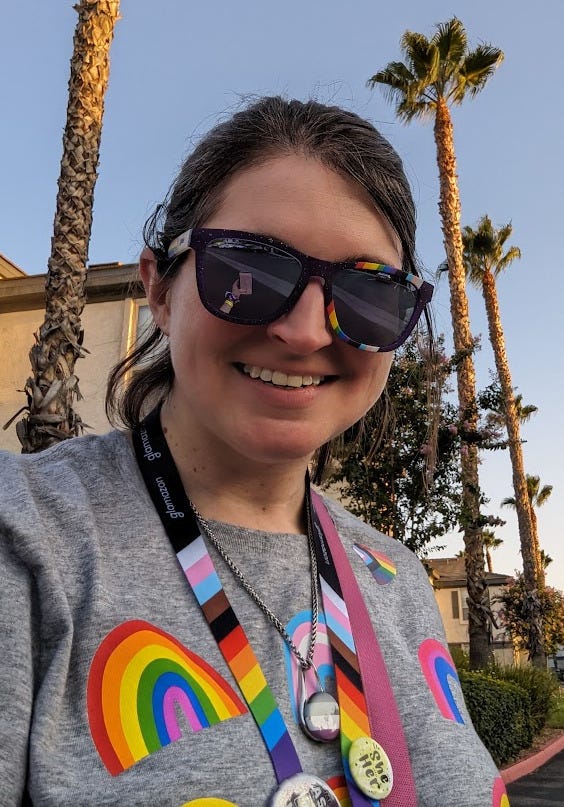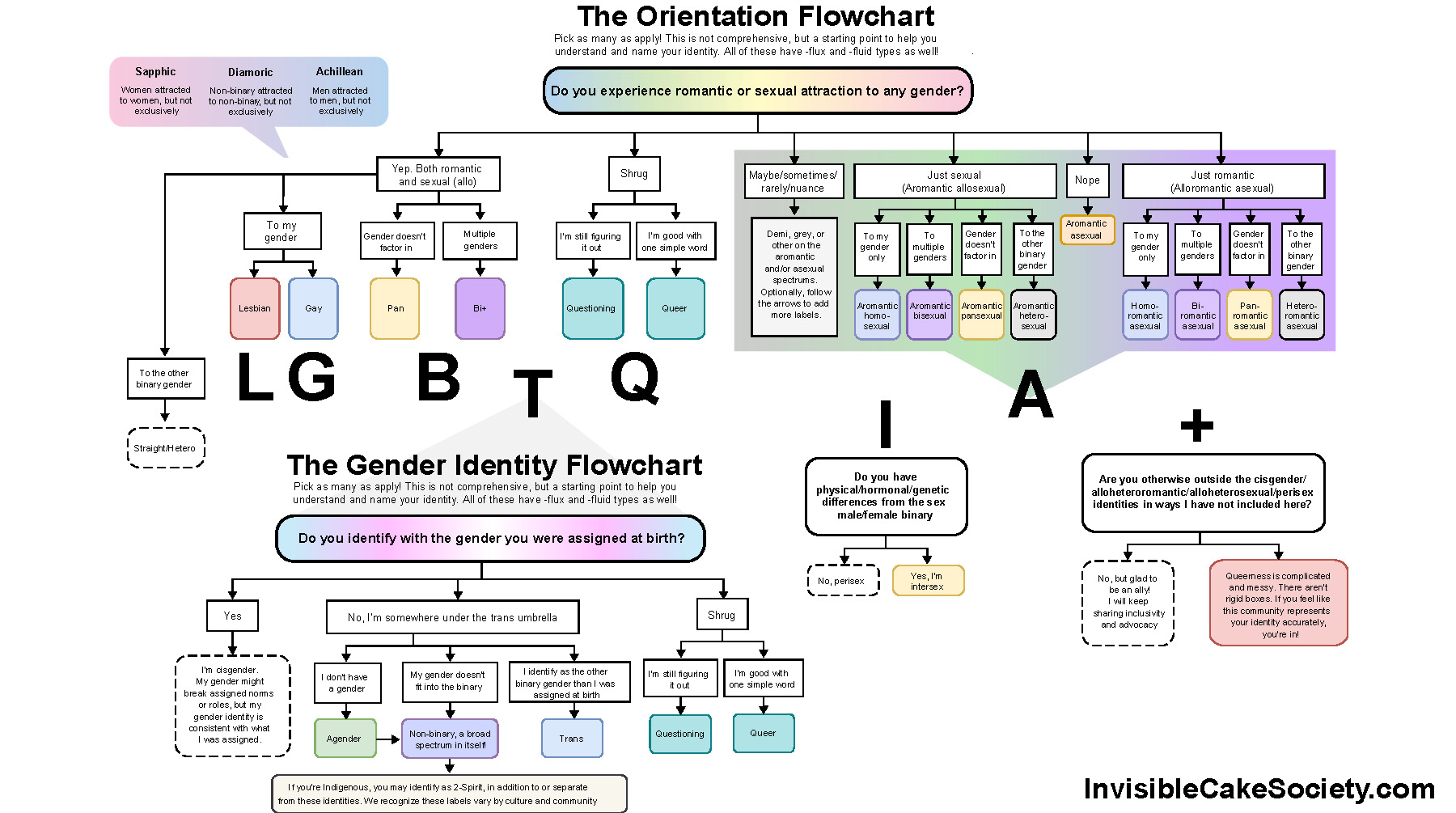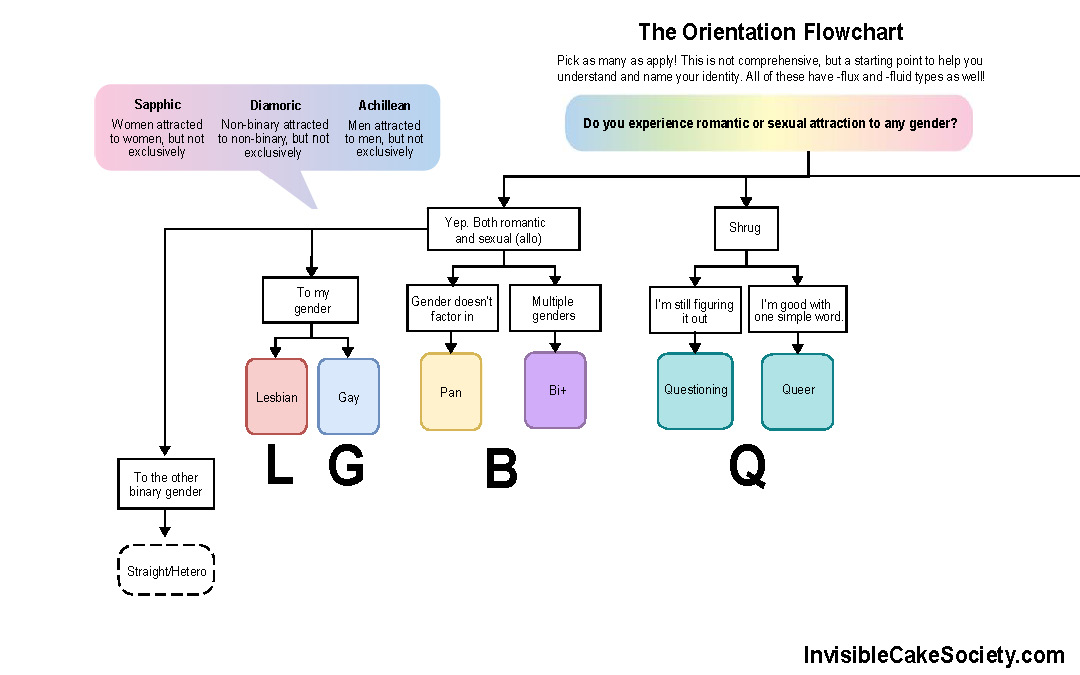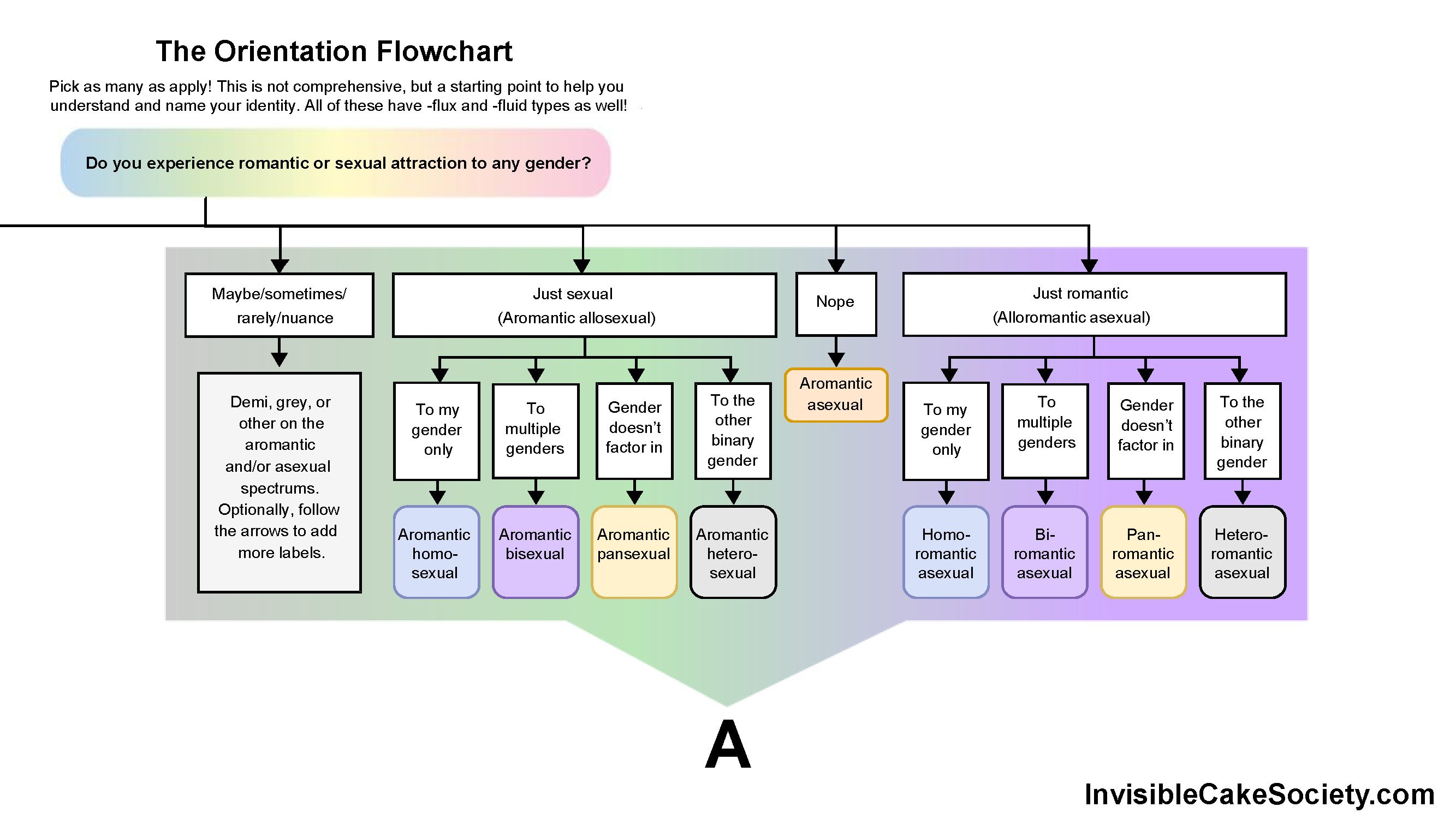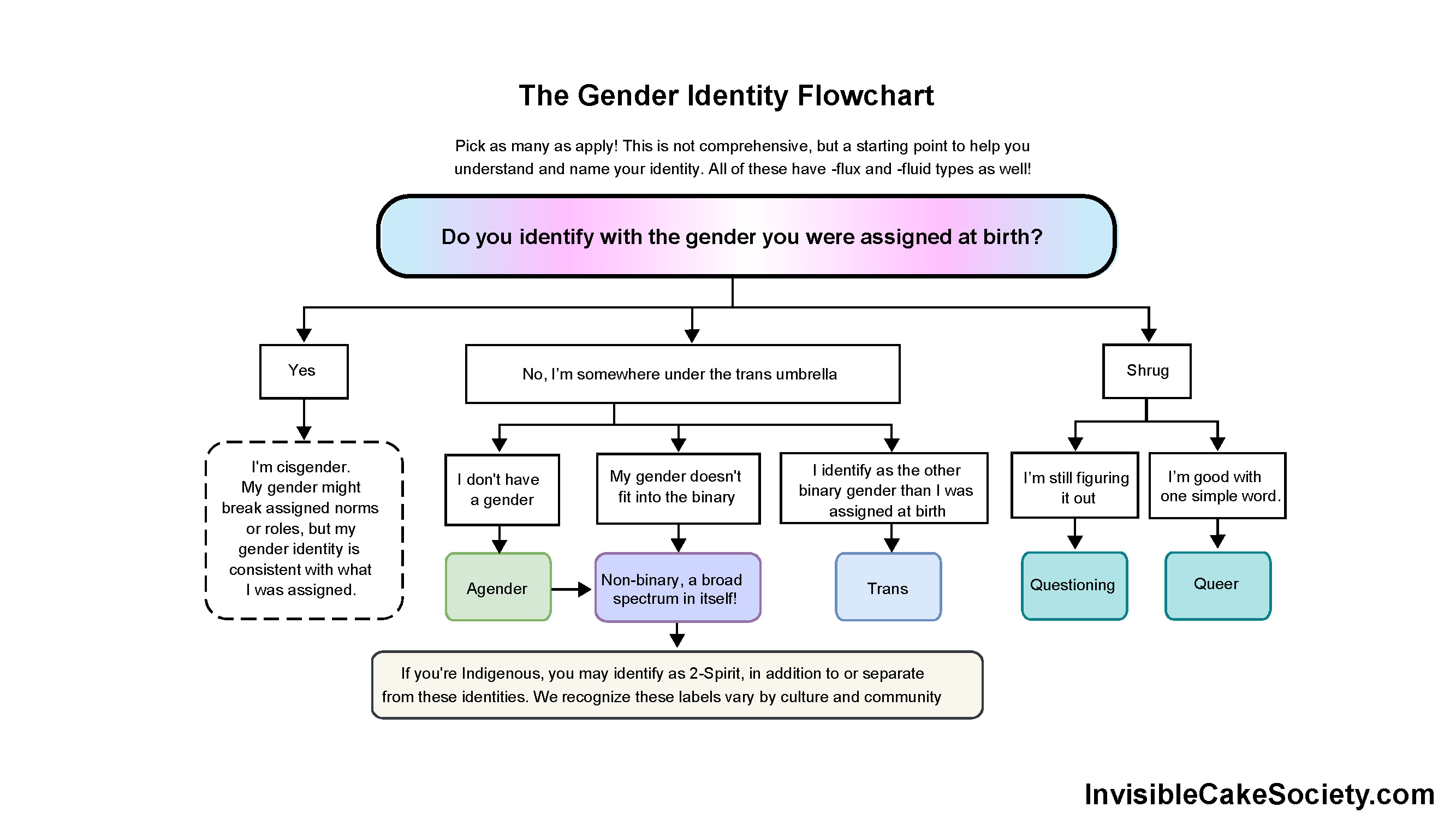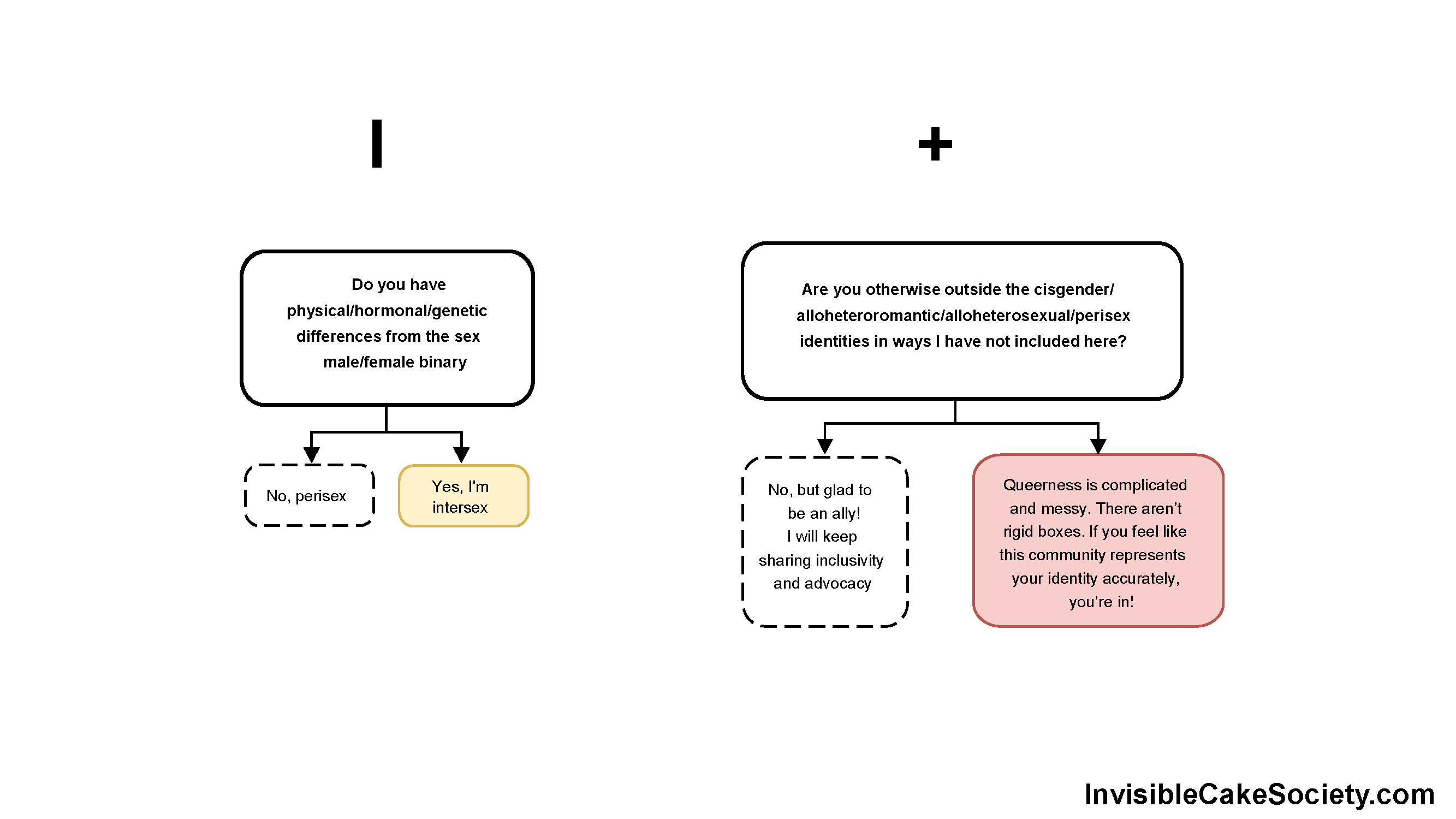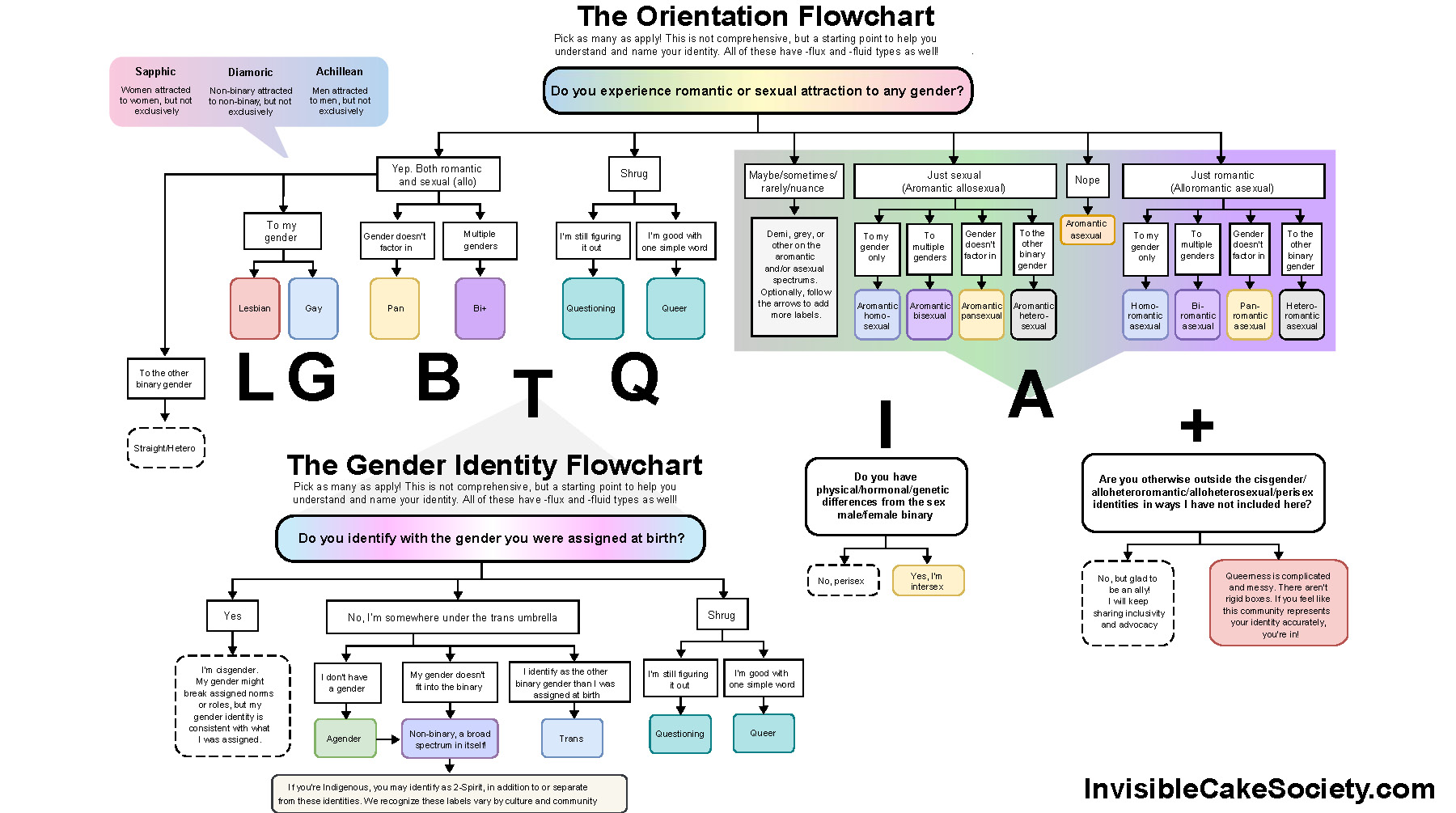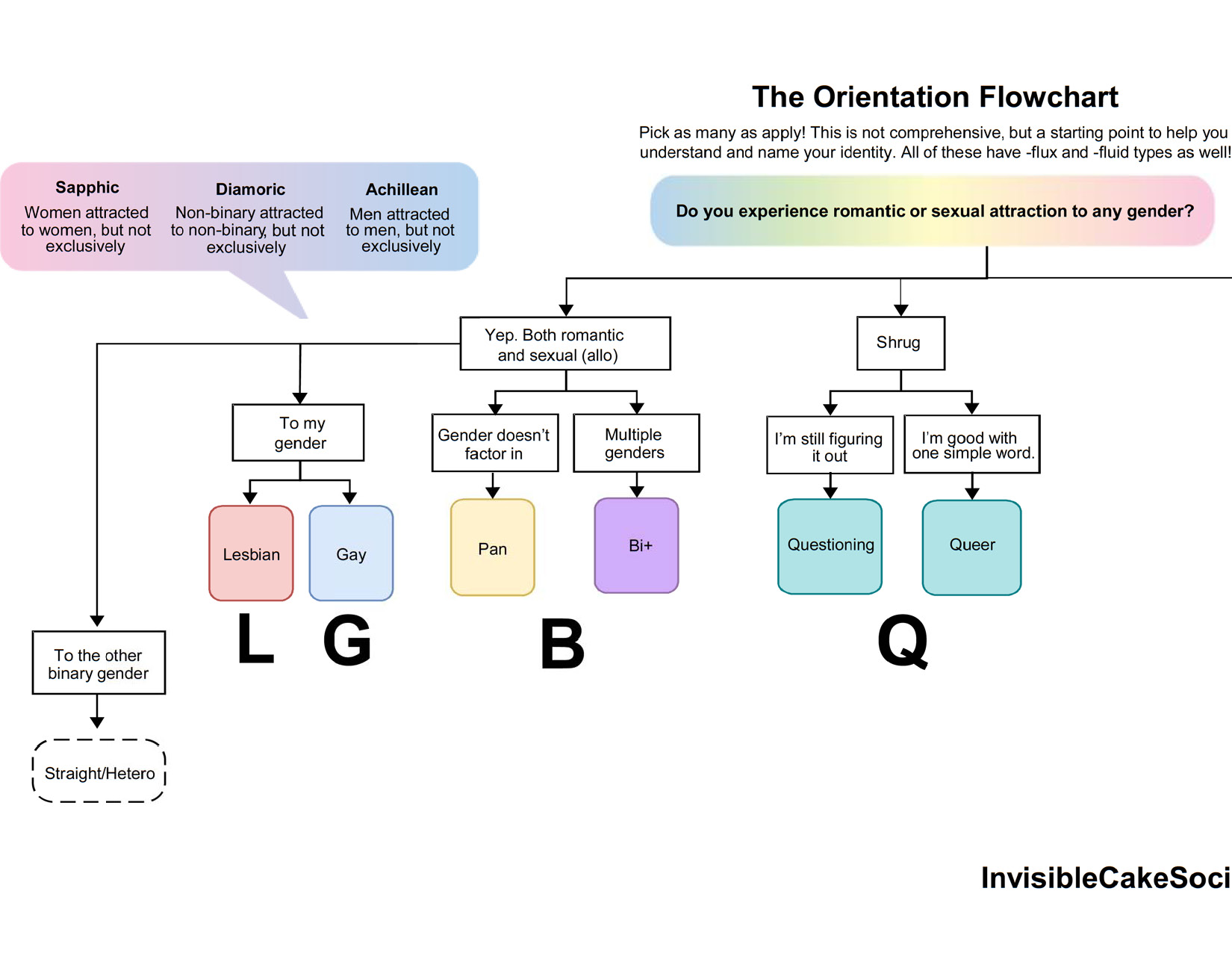Merry Queersmas and happy holigays! While Hallmark, Lifetime, Netflix, HBO Max, Prime, Hulu, and more are certainly known for their abundant straight/cis holiday romances and family comedies, queer holiday romance and family movies do exist! We have more Christmas, Thanksgiving, holiday, seasonal, and new year movies and miniseries than you might think. Representation can be so important for queer people, and these films normalize queer relationships, gender expressions, and identities for everyone. Joy is revolutionary, hope is our fuel, peace is our dream, and love wins in every form: romantic, platonic, familial, and more.
Fair warning that while some of these are produced by major studios like the streamers and networks above, some of these are very indie, and they vary in quality of writing, acting, and cinematography. Also read the linked description for content, rating, and where to watch.
I suggest starting at the top and going down. I’ve put them in a rough recommended watching order, but go with the vibe you’re looking for at the moment. Save this list and check off the ones you’ve seen as you go!
- The Christmas Writer (2025)
- The Christmas Baby (2025)
- A Keller Christmas Vacation (2025)
- Friends and Family Christmas (2023)
- Under the Christmas Tree (2021)
- Christmas at the Ranch (2021)
- Christmas House 1 and 2 (2020/2021)
- Looking for Her (2022)
- The Holiday Sitter (2022)
- The Lost Holliday (2024)
- Single All the Way (2021)
- The Christmas Setup (2020)
- Season of Love (2019) – (Tello)
- The Holiday Exchange (2024)
- Every Time a Bell Rings (2021)
- Happiest Season (2020)
- The Christmas Clapback (2022)
- I Hate New Years (2020)
- A Picture Perfect Holiday (2021)
- Merry & Gay/Christmas with Love (2022)
- Breakfast with Scot (2007)
- New York Christmas Wedding (2020)
- Christmas on Cherry Lane series (2023-2025)
- Holidazed miniseries (2024)
- A Jenkins Family Christmas (2021)
- The Holiday Club (2024) (Tello)
- Holiday I Do (2023) (Tello)
- Ghosting: The Spirit of Christmas
- Let It Snow (2019)
- With Love miniseries (2021)
- Zoey’s Extraordinary Christmas (2021)
- The Christmas Lottery (2020)
- City of Trees (2019)
- Make the Yuletide Gay (2009)
- Aging Out (2024) short film
- What’s Cooking (2000) – (Thanksgiving movie)
- A Christmas to Treasure (2022)
- Shared Rooms (2016)
- A Christmas in New York (2016)
- Christmas with You (2022)
- The Family Stone (2005)
- Carol (2015)
- Coyote Creek Christmas (2021)
- Fathers of the Bride: A Yuletide Wedding Comedy (2025)
Have not seen due to unavailability in my region (US):
- Is Nugget Dead? A Christmas Story (2024)
- Dashing in December (2020)
- A Firefighter’s Christmas Wish
- Fruitcake
- 8 Women
- A New Diva’s Christmas Carol
- This Is Not a Christmas Movie
- A Savage Christmas
- The Bitch Who Stole Christmas
- A Christmas Sunset
- Meet Me Outside
- Red Lodge
Second string
The movies listed below are the ones that were very low quality or had amateur production/writing/acting, slow or boring, the takeaway message or vibe just didn’t resonate with me, or that I simply wouldn’t recommend as “good” or rewatch myself, but they might be exactly what you need, so give ’em a shot if the above aren’t enough or don’t have the vibe you’re going for. Some of these are highly professional major studio quality and I just personally found them obnoxious, full of microaggressions, or unlikable due to queerphobic tropes, and on the opposite end of the spectrum, others were sweet and well-intentioned but probably filmed on a freshman’s phone after a first-year screenwriting class and/or had a budget of around $5.
- Mixed Christmas (2024)
- Lez Bomb (2018)
- Last ExMas (2024)
- Love, the Coopers
- Oh. What. Fun. (2025)
- EXmas (2023)
- Christmas with the Darlings (2020)
- The Magical Christmas Tree (2021)
- Friendsgiving (2020)
- Coming Home for Christmas (2021) (Warning: Main character is transphobic. Read the Letterboxd reviews!)
- Friends, Foes, and Fireworks (2017)
- Scrooge & Marley (2012) [This one is primarily on this list for creepy sfx. If you like very depressing horror, cis gay experiences of historically accurate homophobia, and don’t mind mid indie quality, give it a shot.]
- Merry Happy Whatever (2019) (miniseries)
I’ll update with more as more are released each year. Let me know if you have more to suggest! The only criteria are that an LGBTQIA+ person is a major character (not necessarily the main one, though), it is overall a positive/affirming message in regards to queer rights and dignity, and that it is a holiday-centered romance or family drama that takes place primarily around November, December, or early January.

